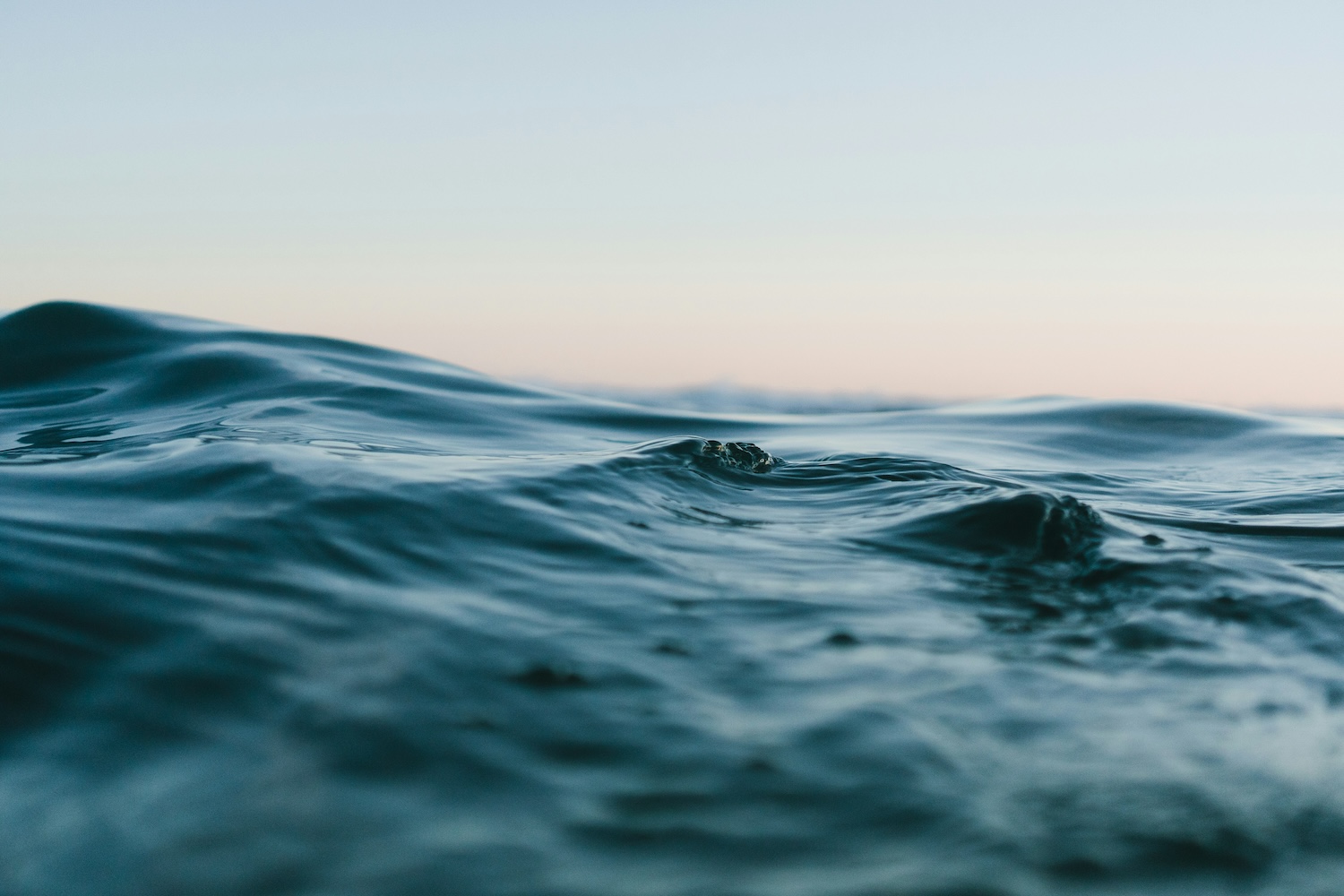The SEADOTs project (Social-Ecological Ocean Management Applications using Digital Ocean Twins) is an EU-funded initiative dedicated to revolutionizing ocean management by integrating socio-ecological data with Digital Ocean Twins (DOTs). By combining advanced ocean data with socio-ecological and socio-economic models, SEADOTs aims to empower policymakers and stakeholders to make informed, data-driven decisions for sustainable ocean use.
Key Objectives of SEADOTs:
- Integration of Data Streams: Merging socio-ecological and socio-economic data into Digital Ocean Twins to enhance marine spatial planning.
- Scenario Analysis: Facilitating “what-if” analyses to evaluate the impacts of human activities on marine ecosystems.
- Stakeholder Collaboration: Promoting cooperation among scientific, industrial, and governmental entities to support comprehensive ocean management.
In three specific regions, SEADOTs explores different scenarios, each with unique challenges and objectives:
- Southern North Sea: Multi-Use of Marine Resources. In the crowded waters of the Southern North Sea, SEADOTs is working to optimize the co-use of marine resources such as fisheries, offshore wind, and lower-trophic aquaculture. This use case models the socio-economic and environmental impacts of multi-use scenarios, helping policymakers to balance sustainable energy production with conservation efforts.
- Norwegian North Sea: Wind Farms and Island Communities. On the island of Utsira in the Norwegian North Sea, SEADOTs examines the socio-ecological impacts of floating wind farm developments on small coastal communities. This case study highlights how renewable energy can coexist with traditional ways of life and marine biodiversity.
- Baltic Sea: Focus: Climate Change and Marine Spatial Planning. The vulnerable Baltic Sea faces rising threats from climate change and industrial activity. SEADOTs models climate change scenarios, including marine heatwaves and tipping points, to help Baltic fisheries and other industries adapt and thrive in these uncertain conditions.
Through these targeted use cases, SEADOTs seeks to address the complex interactions between human activities and marine ecosystems, ensuring the protection and sustainable utilization of ocean resources for future generations.
OGC plays a pivotal role in the SEADOTs project, primarily by ensuring the integration, standardization, and interoperability of geospatial and ocean-related data. OGC’s expertise in geospatial standards and collaborative community-building contributes significantly to the project’s goals of enhancing ocean management through Digital Ocean Twins (DOTs).
SEADOTs is co-sponsored by the European Commission.

